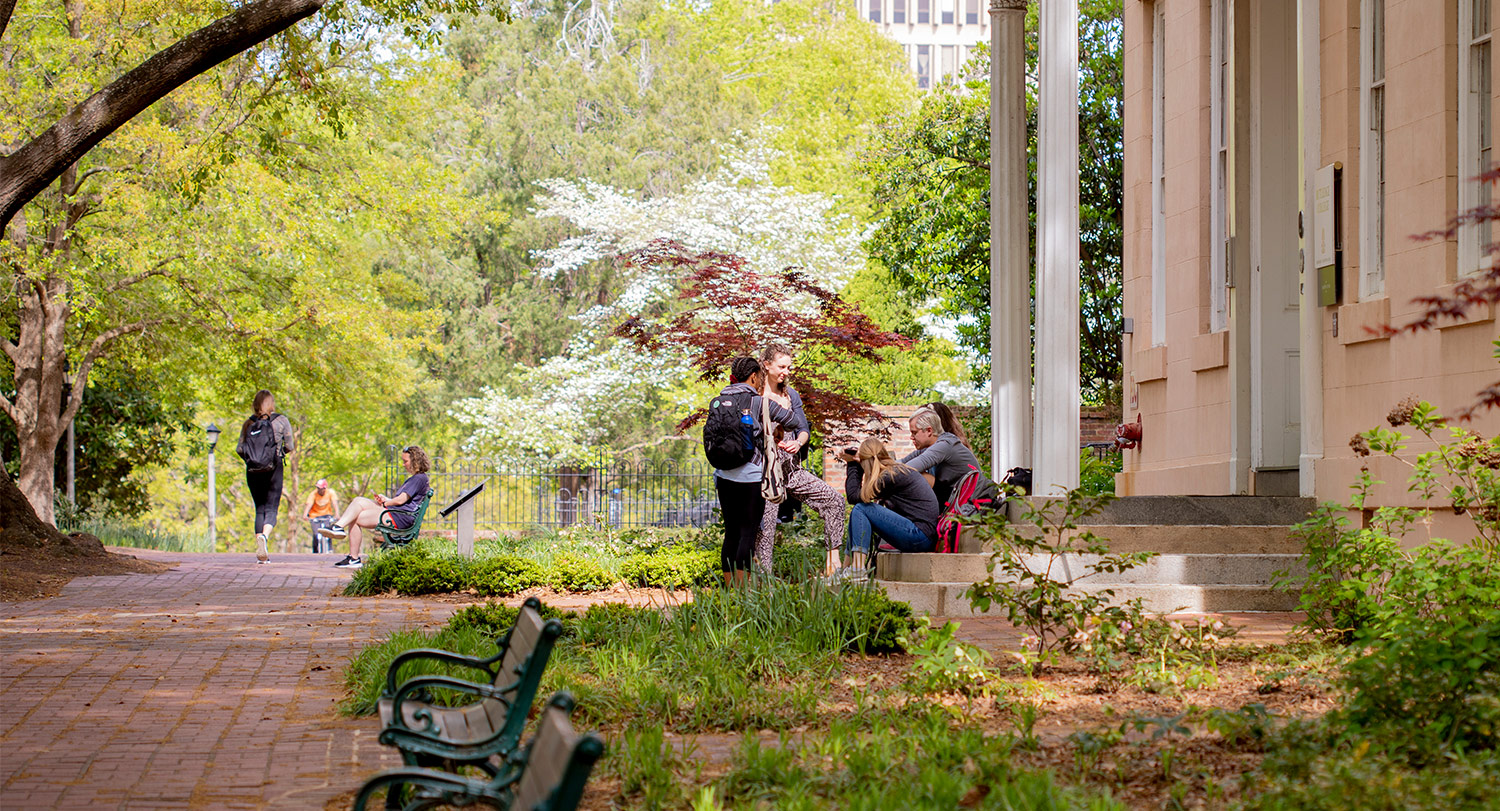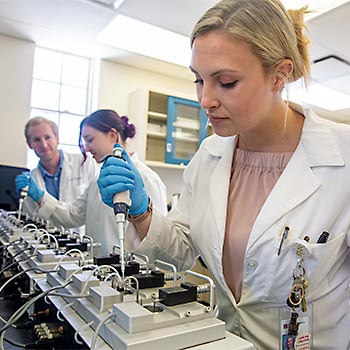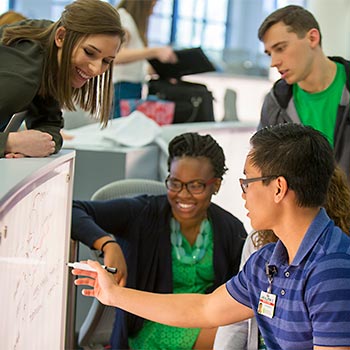
Admissions at South Carolina
You’ll be more than a student at the University of South Carolina. Apply for admission to join our campus community and start your Forever to Thee.
There’s much to crow about at South Carolina. The excitement of connecting with classmates who share your interests and goals. The joy of a game day at Colonial Life Arena, Founders Park or Williams-Brice Stadium. The pride of crossing the commencement stage into the life you’ve been preparing for. It all starts with completing your USC application.

Ready to join the Gamecock family?
The University of South Carolina offers different applications and deadlines based on your student type. Discover which one fits you best and take the next step toward joining our community.
Undergraduate Admissions
Graduate School
Whether you’re seeking a master’s, a doctorate or post-graduate certificate, there’s just one stop for all your graduate school application needs.
Apply to Graduate School-

Joseph F. Rice School of Law
With a more than 150-year legacy and a powerful, global alumni network, your South Carolina law degree can take you anywhere.
-

School of Medicine Columbia
South Carolina’s innovative curriculum and hospital partnerships educate world-class physicians through experiential clinical training using advanced healthcare technology.
-

School of Medicine Greenville
At our upstate campus within the region's largest care provider, your medical education begins with hands-on clinical training as an emergency medical technician.
-

College of Pharmacy
Our legacy of pharmacy education stretches back more than 150 years when UofSC opened one of the nation’s first state-supported pharmacy schools.